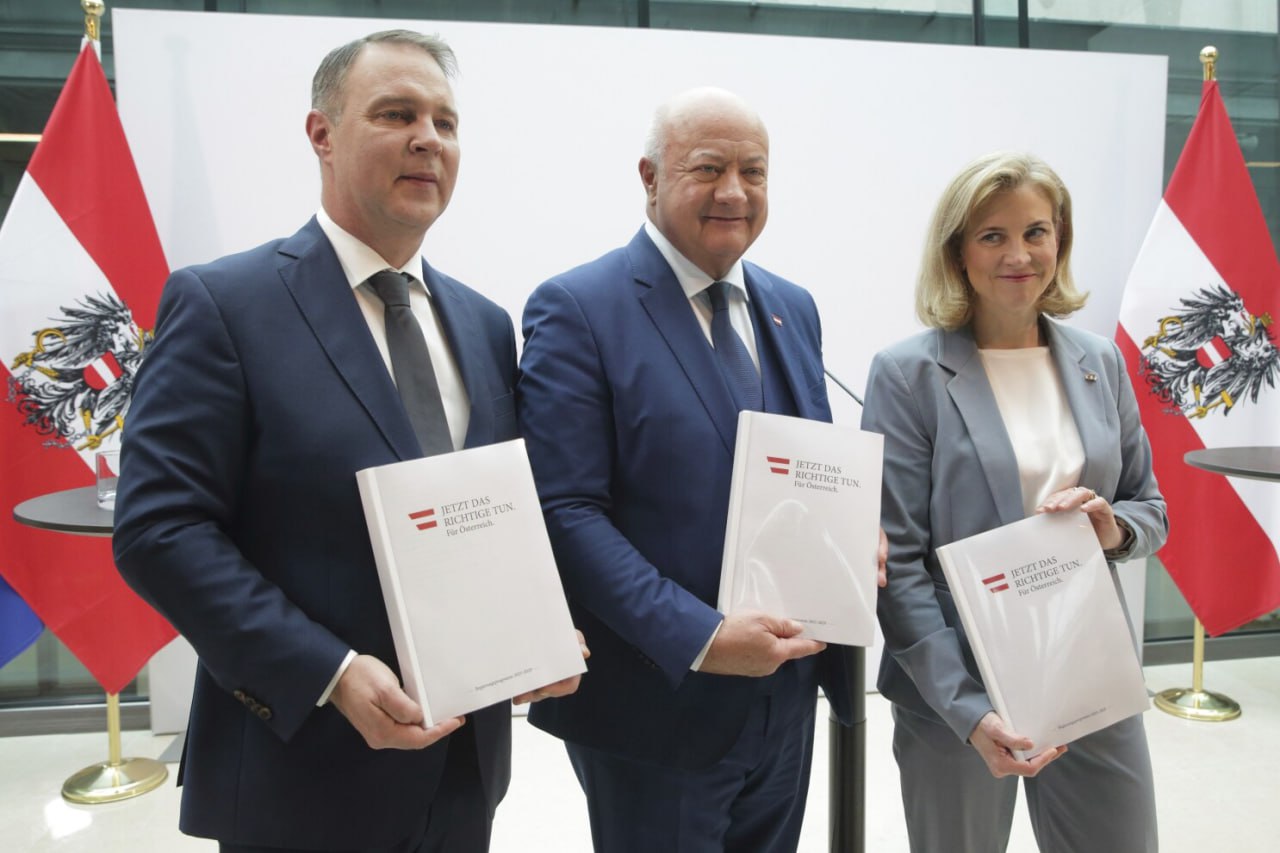Austria to Retain Online Casino Monopoly Until 2027

Extension of the Online Casino Monopoly
The Austrian government has decided to maintain the existing online casino monopoly until September 2027. Currently, the only operator authorized to provide online casino services is Austrian Lotteries, which manages the Win2Day platform.
Planned Reforms and Establishment of an Independent Regulator
In preparation for the expiration of the current license in 2027, Austrian authorities plan to launch a tender process in 2025 to issue new licenses. This is expected to open the market to independent operators and improve industry regulation.
Additionally, the creation of an independent gambling regulator is planned to eliminate potential conflicts of interest. Previously, licenses were issued by the Ministry of Finance, which holds a stake in Casinos Austria.
Strengthening Measures Against Illegal Operators
The Austrian government intends to enhance measures to combat illegal gambling operators. This includes both stricter legislation and active prosecution of violators.
Increase in Betting Taxes
Amid these changes, a tax increase on bets is expected from 2% to 5%, bringing Austria closer to Germany’s taxation level.
Calls for a Transition to a Multi-License Model
The European Gaming and Betting Association (EGBA) is urging Austria to abandon the monopoly and transition to a multi-license model. According to their forecasts, this could increase tax revenues to €1 billion by 2030.
Currently, Austria and Poland remain the only European countries with a monopoly on online casinos and poker, whereas most European nations have already adopted a multi-license system.
Current Situation in Europe
According to an analysis by EGBA, 27 out of 31 European countries have already implemented a multi-license model for online gambling regulation, fostering competitive markets and improving consumer protection.
Conclusion
The retention of the online casino monopoly in Austria until 2027 is accompanied by plans for industry reforms, the establishment of an independent regulator, and enhanced measures against illegal operators. However, pressure from European organizations and the successful experience of other countries may lead to a reassessment of the current model in favor of a multi-license system in the future.
